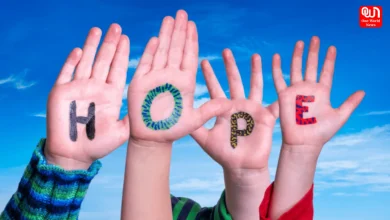Choose your company wisely! It may define your level of attractiveness

Choose your company wisely! It may define your level of attractiveness
Company defines your attractiveness
Choose your company wisely! It may define your level of attractiveness:- The company we enjoy and surround ourselves may decide how attractive we appear to others, and this is according to a new study, which has found that judgements of attractiveness vary depending on who is nearby, and also how good-looking they are in comparison.
A person will rank higher on a scale of his or her attractiveness when compared to alongside less attractive people, than they would when judged alone, researchers said.
Popular opinion also has pointed to a person’s perceived level of attractiveness as somehow being fixed. However, the research from the University of Royal Holloway London in the UK shows that context is key to assessing attractiveness.
The study has also demonstrated that how attractive we are is far from static, it can fluctuate.
As per research, an averagely attractive face surrounded by the undesirable faces will become more appealing than it would on its own.
Participants in the study were even asked to rate pictures of different faces for attractiveness, one by one.

How was the study conducted?
They were then asked to assess the same faces, placed alongside ones perceived to be undesirable. When adding these ‘distractor faces’, the attractiveness of the same faces increased from the first round of ranking.
Participants were later shown two attractive faces, alongside a ‘distractor’ face and then asked to judge between them.
However, the presence of a less attractive face does not just increase the attractiveness of a single person, but in a crowd could further actually make us even more choosey!
“We found that the presence of a ‘distractor’ face makes differences between attractive people more obvious and that observers start to pull apart these differences, making them even more particular in their judgement,” Dr Nicholas Furl, from Royal Holloway’s Department of Psychology said.
The study has been published in the journal Psychological Science.






